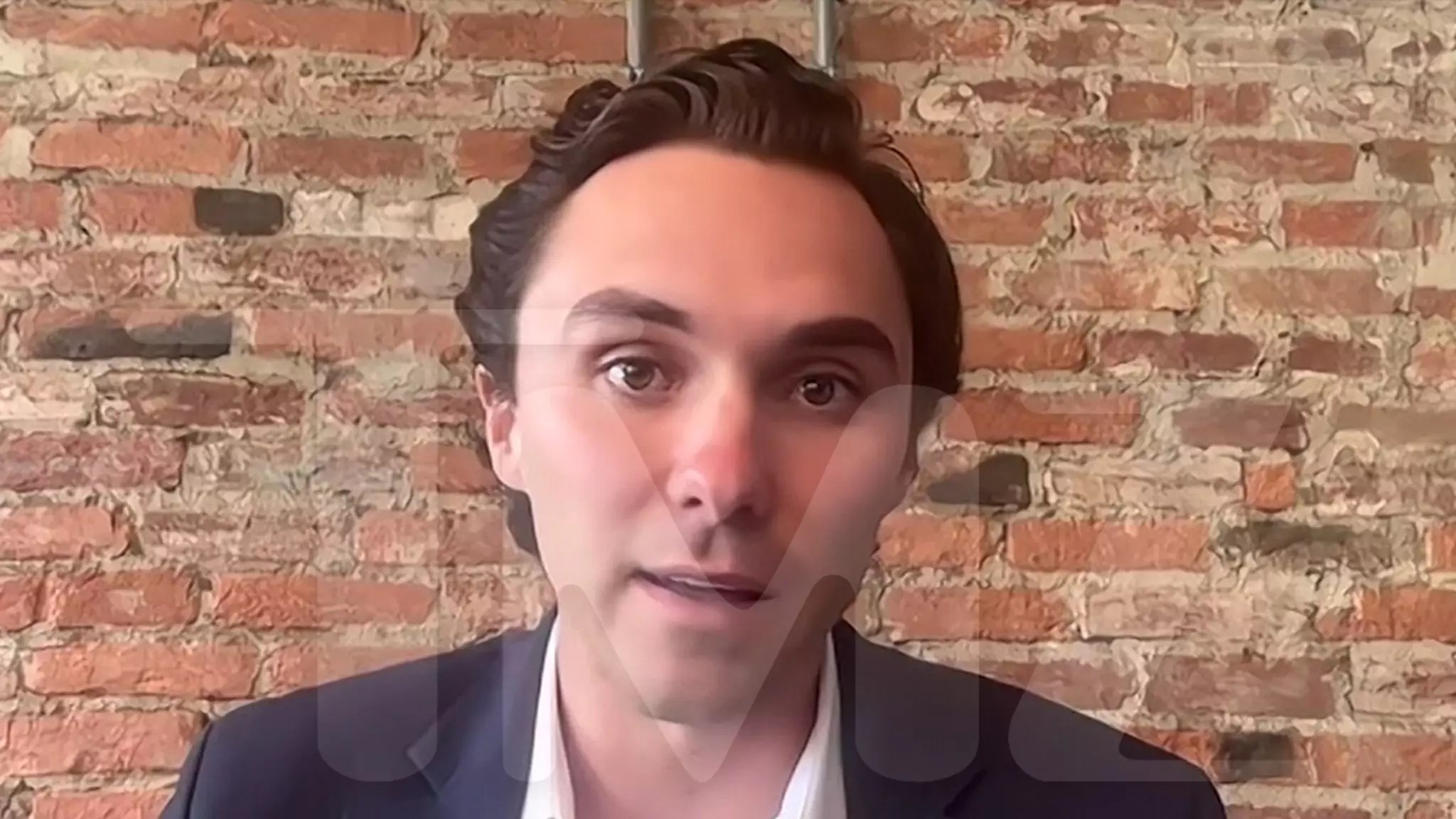The Democratic National Committee (DNC) is gearing up for dramatic internal changes, aiming to reshape its roster of party members who are deemed ineffective. This ambitious mission, articulated by David Hogg, the DNC’s vice chair and a prominent gun control advocate, signals a significant shift in how the party views accountability and effectiveness. The DNC’s commitment to challenge incumbents based on performance—regardless of age—demonstrates a refreshing move toward a more dynamic political strategy focused on delivering results rather than simply maintaining status quo.
Performance Over Seniority
Unlike traditional approaches where seniority often insulated long-serving politicians from critique, Hogg has made it clear that inefficiency will not be tolerated. This is a pivotal moment for the Democratic Party, as it challenges the complacency that can accompany tenure. The DNC’s stance is that a politician’s effectiveness should not be gauged by their years in service but rather by their ability to connect with and serve constituents’ needs. This aggressive stance on incumbency reflects a broader societal sentiment that change is not only necessary but long overdue.
Hogg noted that merely being a familiar face or a seasoned public servant does not qualify as an asset if politicians are not advancing policies that resonate with voters. This philosophy revitalizes the party’s image and aligns with the foundational democratic principle that representatives should earn their positions through demonstrable efficacy.
Voter Sentiment and Party Identity
The urgency behind this reform is underscored by dismal approval ratings for the Democratic Party. With only 26% of self-identified Democrats expressing satisfaction with their party, it’s evident that voters are yearning for change. Hogg’s observations highlight a concerning trend: apart from the elderly and highly educated demographics, support across the board is dwindling. It raises critical questions about party identity and the social contract between elected officials and their constituents.
In an environment where voters are increasingly disillusioned, Hogg emphasizes the need for Democrats to offer tangible reasons for voters to support them, rather than merely attacking Republicans. This strategy pivot could prove to be a game-changer, as it shifts the narrative from defensive positioning to proactive, purpose-driven communication.
Looking Ahead: The Future of the Democratic Party
David Hogg’s rise within the DNC is emblematic of a new generation eager to inject fresh energy into a party accustomed to relying on established figures. This infusion of youthful activism promises to re-energize the party’s core mission of advocating for societal change, making it essential that the DNC harnesses this momentum effectively. The question remains: can the DNC adapt quick enough to meet the increasing demands of an evolving electorate? Only time will tell how this unfolding drama will influence the party’s trajectory and its ability to recover lost ground among disillusioned voters.
The DNC’s bold embrace of reform driven by performance metrics reflects a necessary shift for the party, aiming to reconnect with constituents and restore faith in their representatives.


Leave a Reply